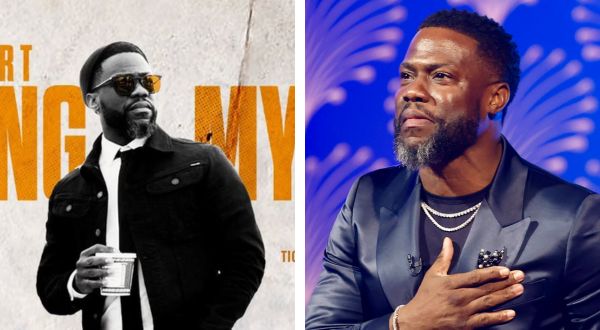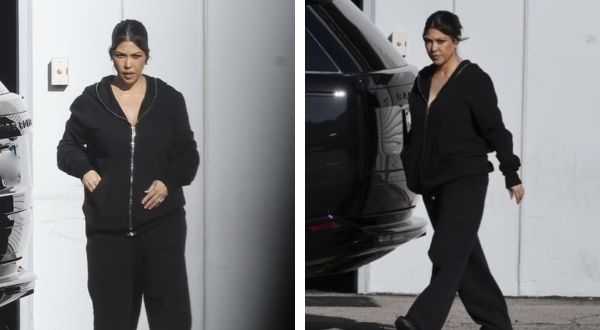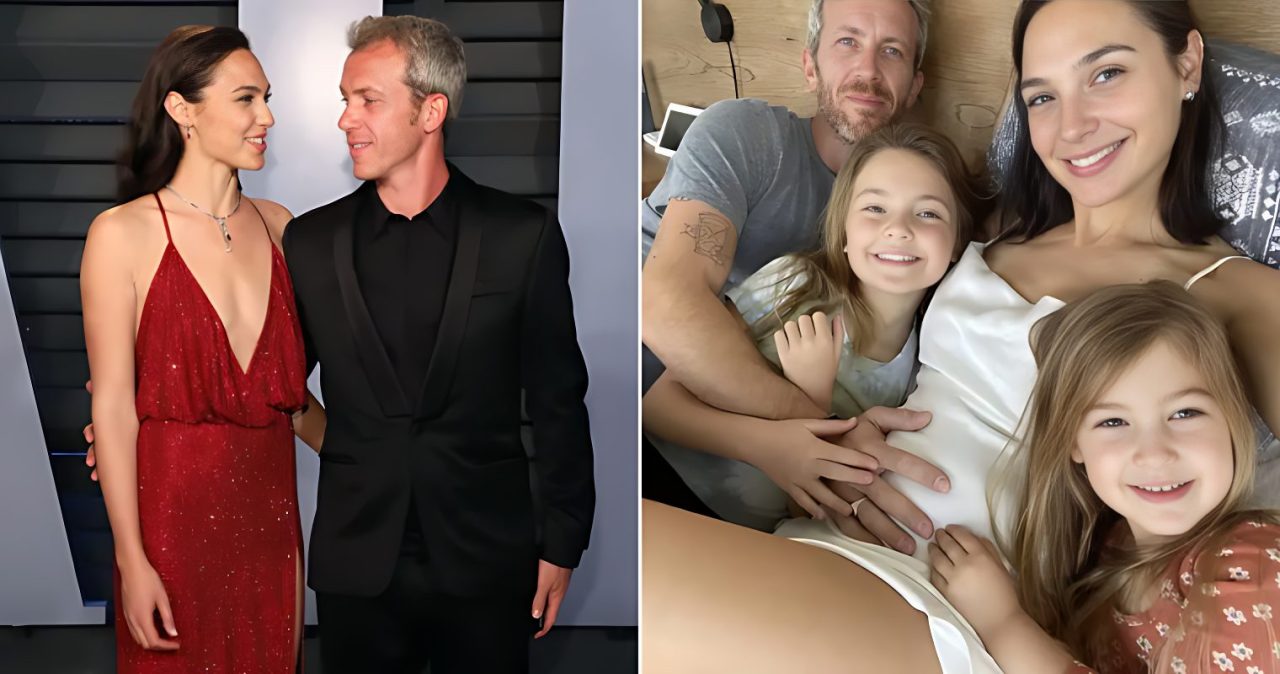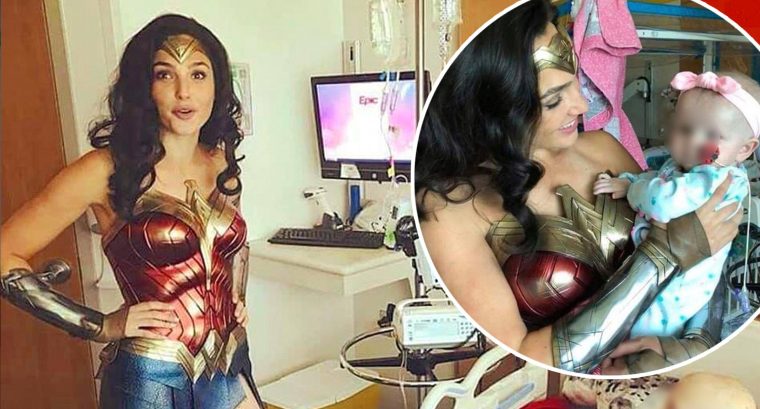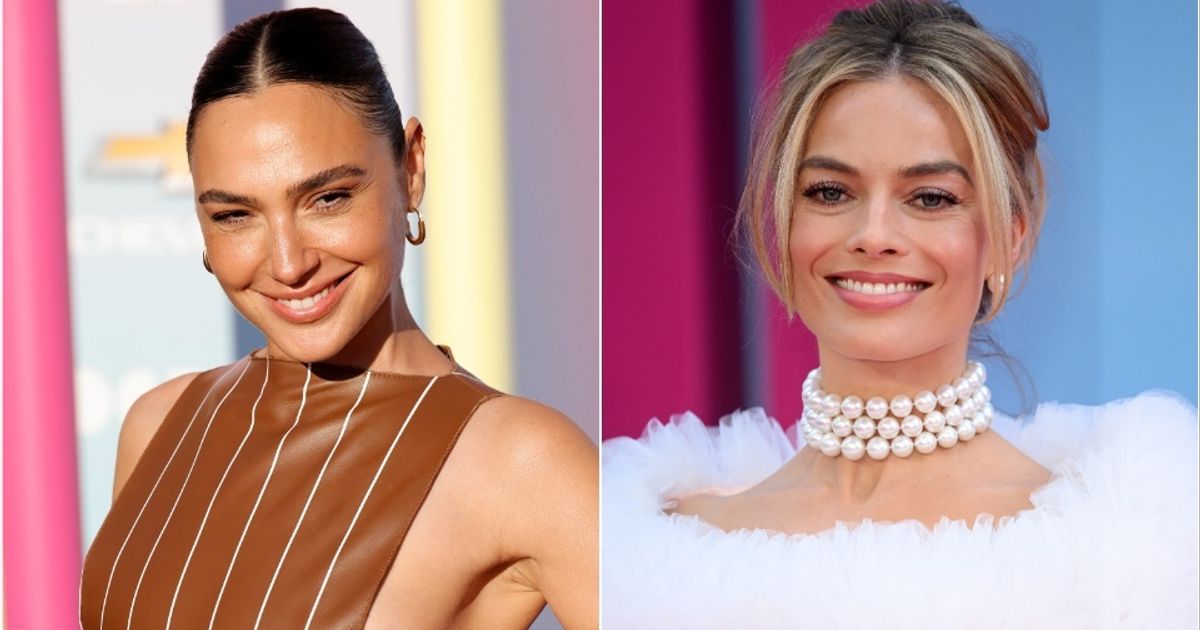After Disney’s 2019 acquisition of Fox, mutants have finally been making their way to the MCU. Here’s everything we know about the MCU’s new heroes.
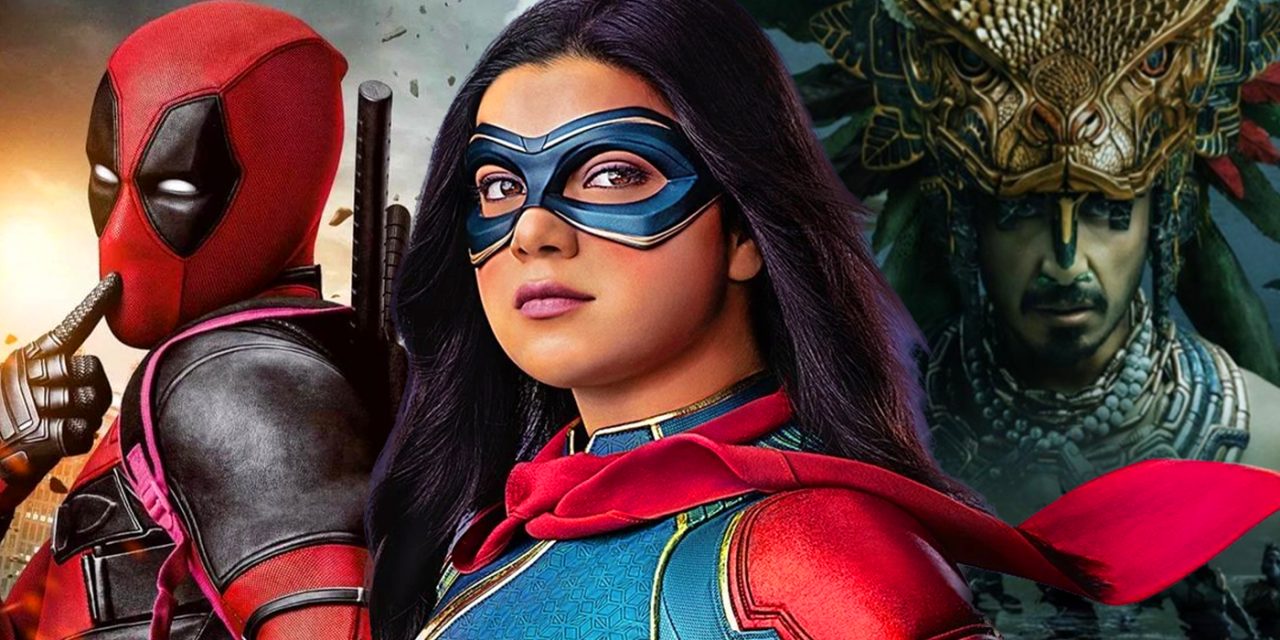
Mutants have finally begun to make themselves known in the Marvel Cinematic Universe. When Marvel Studios kicked off their new shared universe with 2008’s Iron Man, Disney was unable to integrate mutant characters from Marvel Comics into the franchise, as the film rights to mutants and the X-Men had belonged to 20th Century Fox since 2000. However, after Disney acquired 20th Century Fox in 2019, the rights to these rich characters and their stories reverted to Marvel Studios, opening the door for the MCU to explore an entirely new narrative over a decade after the Avengers first burst into theaters.
Marvel Comics’ first introduced mutants in 1963’s X-Men #1 as the next step of human evolution. The X-Gene, which expresses itself during puberty, allows mutants to develop extraordinary abilities usually reserved for the likes of Earth’s superheroes. Separate from mutates, who develop abilities after exposure to outside stimuli, or Inhumans, who must go through terrigenesis to access their powers, mutant abilities manifest completely naturally, often leading to mutants being the subject of intense discrimination and criminalization, as anybody could develop dangerous abilities. Although the process has been painstakingly slow, mutants have finally started to make their way into the MCU.
Ms. Marvel Is A Mutant In The MCU – Not An Inhuman
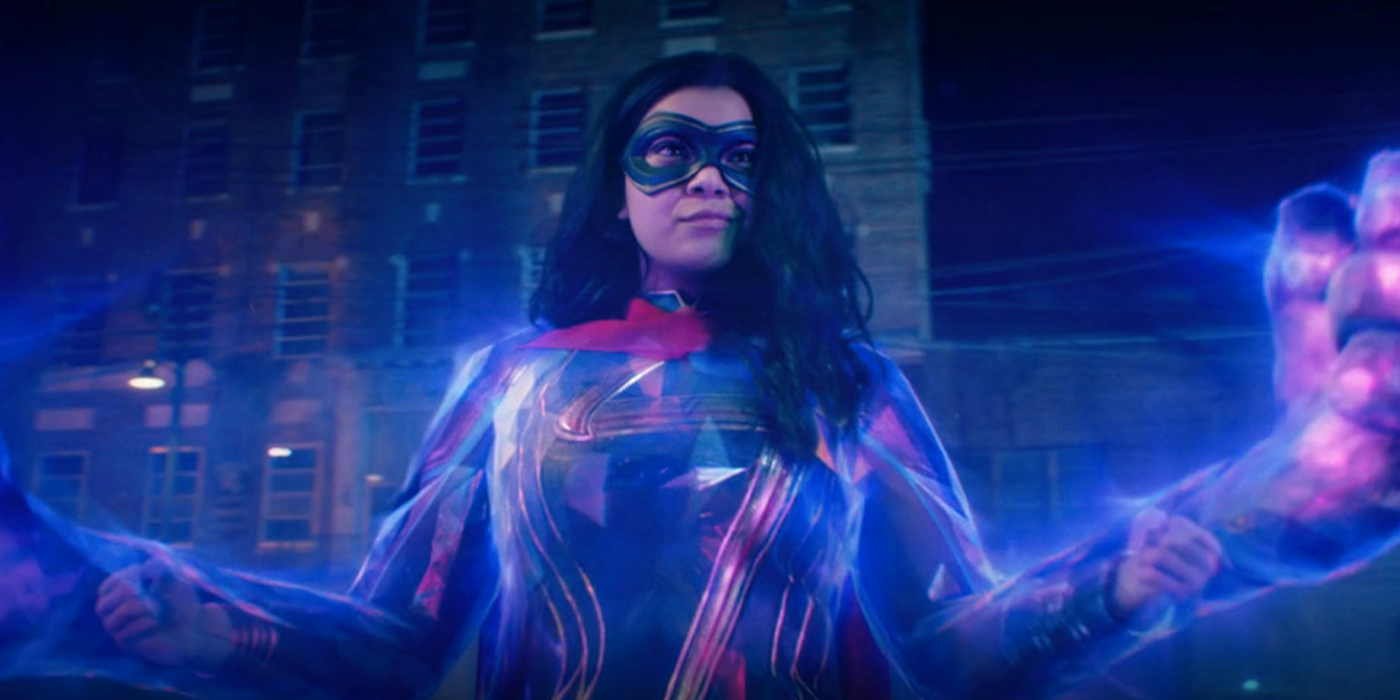
Iman Vellani debuted as Kamala Khan in Phase 4’s Ms. Marvel series on Disney+, bringing the relatively new Marvel Comics character into live-action for the first time. In the comics, Kamala was introduced in 2013’s Captain Marvel #14 before making her first full appearance in her own solo series, 2014’s Ms. Marvel. While Kamala is an Inhuman in Marvel Comics, the MCU’s version is a mutant, as confirmed by Ms. Marvel’s series finale, during which Kamala is informed she has a “mutation“ in her genes.
Interestingly, the MCU’s Kamala Khan is actually a mutant hybrid, as she also has Clandestine genes, with her family originating from the Noor Dimension, and inspiring the legend of the Djinn. Because of this, it could be difficult to decipher whether Kamala’s “hard-light” powers are due to her Clandestine nature – unlocked by her wearing of her great-grandmother’s bangle – or her mutation. Iman Vellani is set to make her next appearance as Kamala Khan opposite Brie Larson and Teyonah Parris in The Marvels, so her mutation could be explained further in the Phase 5 project and beyond, particularly as more mutants begin to expose themselves.
Black Panther: Wakanda Forever Revealed Namor Is A Mutant
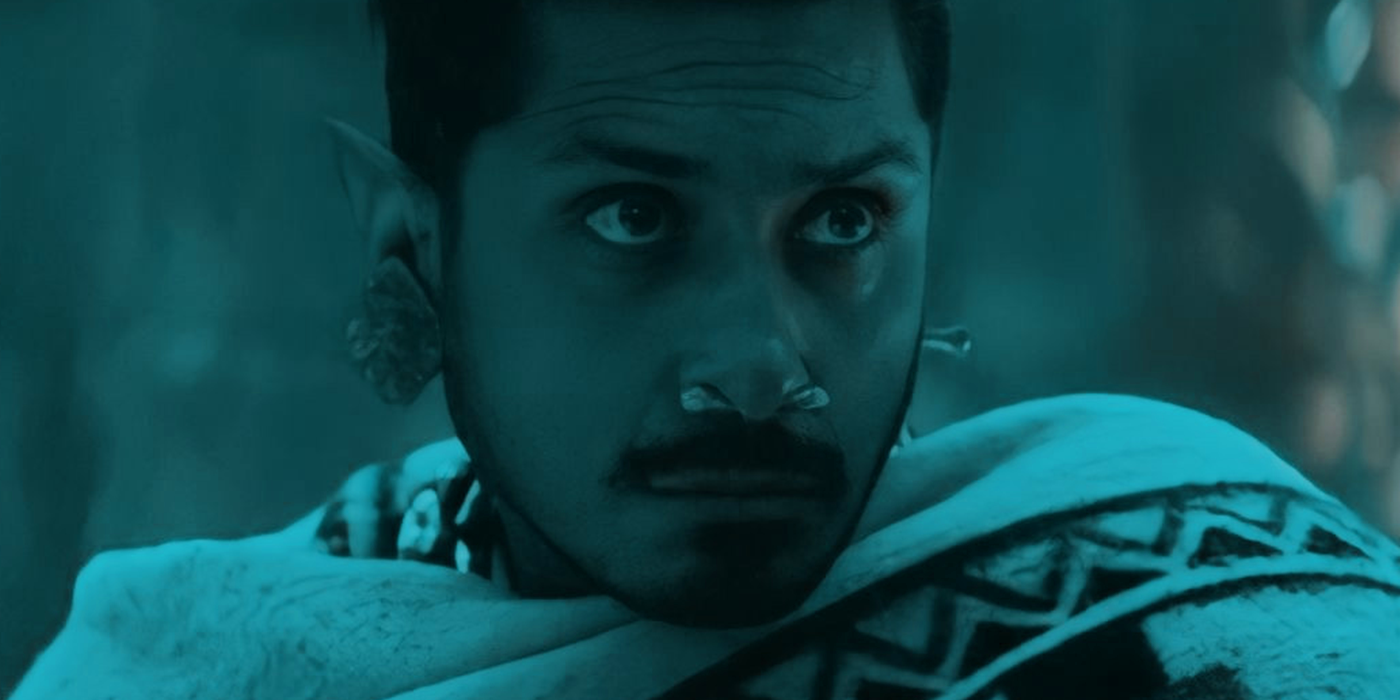
Marvel Studios didn’t only introduce one mutant in Phase 4, but two, with the second making himself known in Black Panther: Wakanda Forever. Tenoch Huerta debuted as the highly-anticipated Namor in Ryan Coogler’s Black Panther sequel and refers to himself as “a mutant,” similar to his Marvel Comics counterpart. While he’s an inhabitant of Atlantis in Marvel Comics, the MCU’s Namor is the King of Talokan, an underwater city full of people who have evolved to survive beneath the waves. While the other Talokanil can’t breathe on land, Namor’s mutation allows him to absorb oxygen both in and out of the water and grants him some other extraordinary abilities.
Taking inspiration from his Marvel Comics counterpart, Namor has pointed ears, wings on his ankles that enable him to fly, and an elongated lifespan that has allowed him to rule over Talokan for centuries – leading to him being dubbed K’uk’ulkan, the Feathered Serpent God. Much like Kamala Khan, Namor is also a mutant hybrid, as his Talokanil genes would grant him superhuman abilities regardless of his mutation. While Kamala Khan was informed of her mutation in Ms. Marvel, not understanding what that means, Namor fully embraces his mutation, even providing the MCU’s first mention of the word mutant, which could become very important in the MCU’s future.
Marvel Studios Seems To Have Changed Mutant Lore
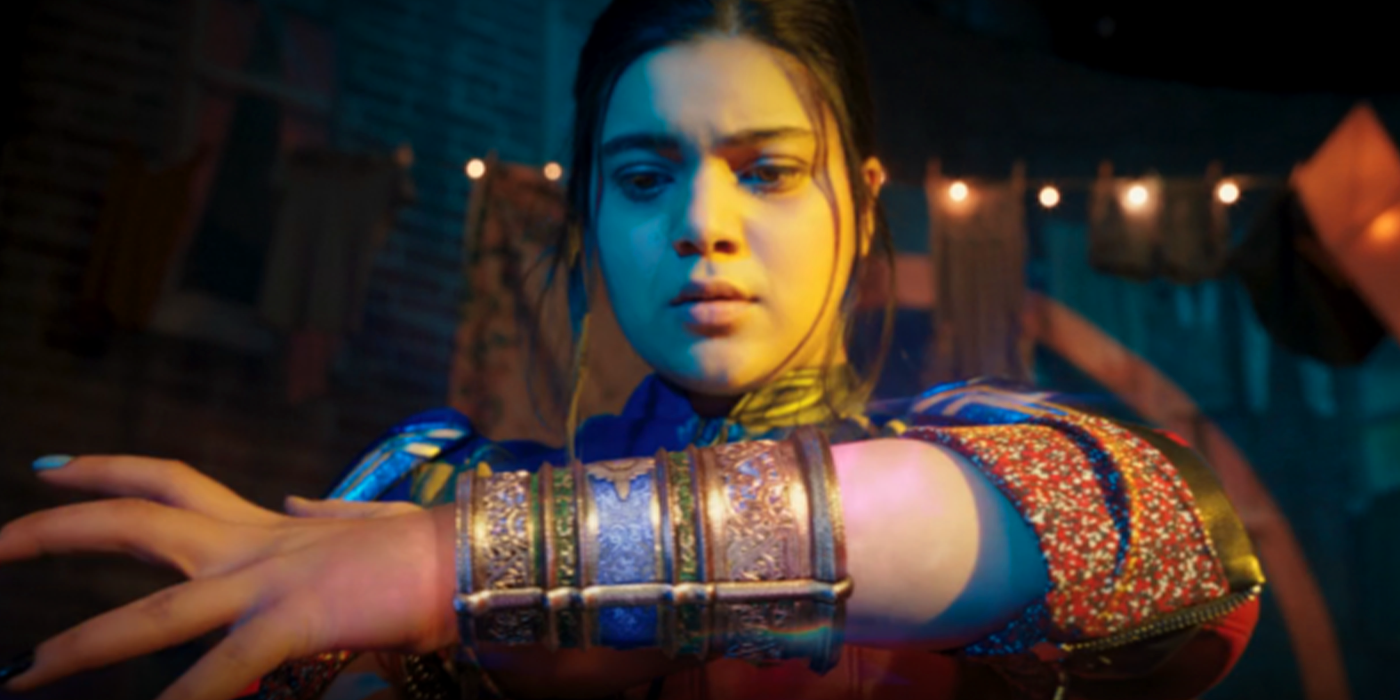
In Marvel Comics, the mutants were created through a Celestial experiment on Earth a million years ago, with the X Gene lying dormant in the population, later emerging naturally as a variety of mutations. While not much is known about the history of mutants in the MCU, it seems to be that Marvel Studios has adapted this origin story differently. Kamala Khan’s mutation doesn’t manifest during puberty but only when she dons her great-grandmother’s bangle, and Namor’s mutation was a product of his mother ingesting the vibranium-infused plant during pregnancy. The idea that the MCU’s mutants perhaps need a catalyst to unlock their abilities is new territory for mutants’ stories.
Mutants Exist Across The MCU’s Multiverse
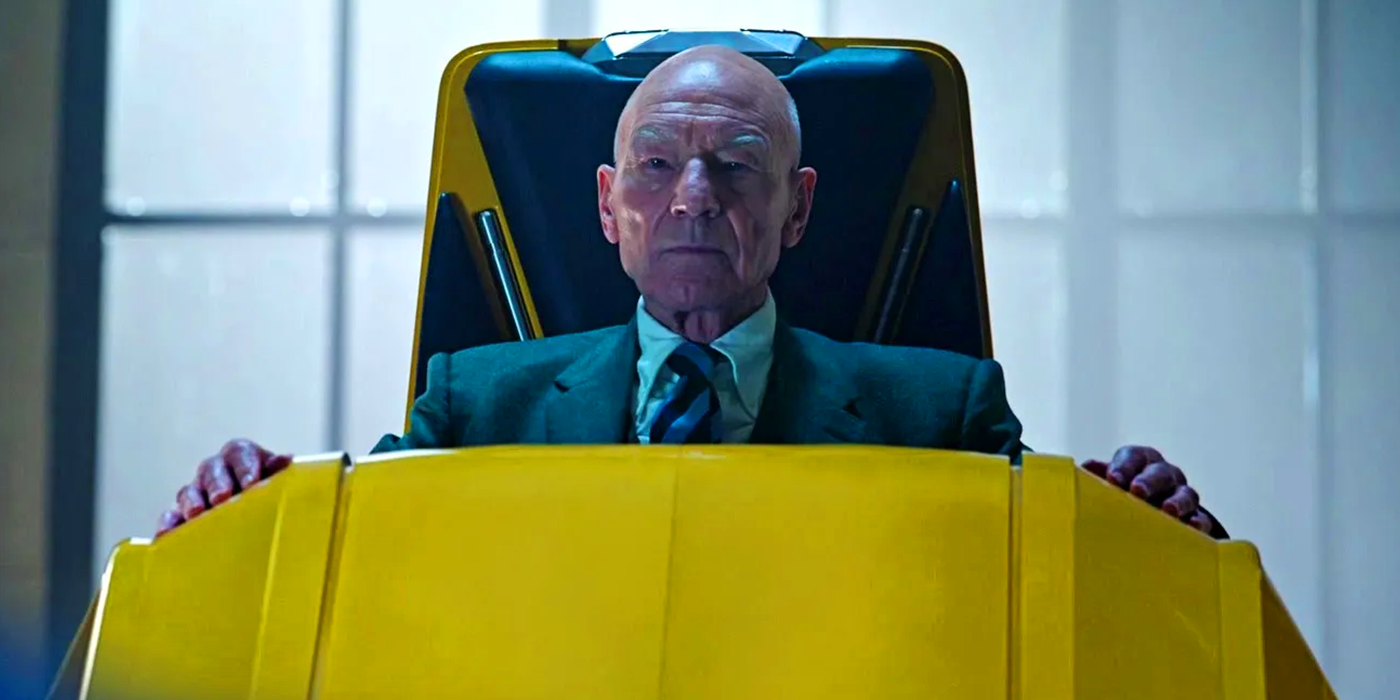
Although Kamala Khan and Namor are both confirmed mutants in the main MCU continuity, Doctor Strange in the Multiverse of Madness revealed that mutants are already commonplace in the MCU’s multiverse. Patrick Stewart returned as a variant of Charles Xavier, a.k.a. Professor X, from Fox’s X-Men franchise, greeting Doctor Strange as a member of Earth-838’s Illuminati. On top of this, it seems the now-defunct X-Men franchise will be folded into the MCU, as Ryan Reynolds and Hugh Jackman will reprise their roles of Deadpool and Wolverine in Deadpool 3, suggesting that, while mutants may be new to the MCU proper, they’ve already been established in a multitude of other realities.
She-Hulk: Attorney At Law Teased Many MCU Mutants

As the final Disney+ series in Phase 4, She-Hulk: Attorney at Law became the perfect place for Marvel Studios to tease several more mutants in the MCU. This included introducing characters such as El Aguila and Mr. Immortal, who are mutants in Marvel Comics – though they weren’t named as such in She-Hulk. During the credits sequence of She-Hulk episode 5, “Mean, Green, and Straight Poured into These Jeans,” audiences caught a glimpse of Pug’s sneaker collection, including many inspired by prominent mutants such as Cyclops, Wolverine, and Deadpool. She-Hulk also provided some overt references to the MCU’s Wolverine, inching closer to introducing mutants en masse to the MCU.
More Mutants Are Coming To The MCU
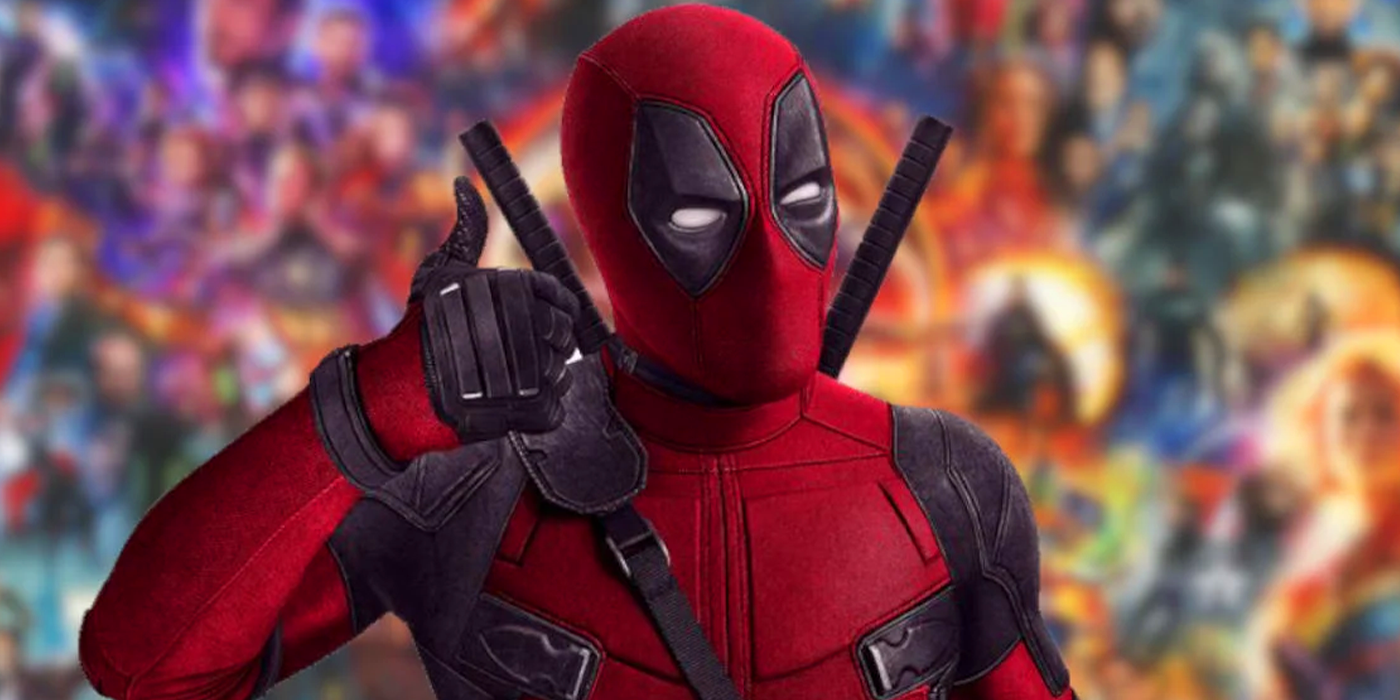
When questioned about mutants during an interview with Entertainment Weekly, Marvel Studios chief Kevin Feige revealed his excitement at finally being able to tap into their rich Marvel Comics storylines. While going on to discuss the upcoming Deadpool 3, which will mark the return of several of Fox’s mutants, Feige also revealed that Marvel Studios has been working on believably integrating mutants into the MCU “for years.” Though declining to go into further details, Feige did assure fans that Marvel Studios knows what the plan is, so it might not be too long until mutants, and even the X-Men, become fully established in the Marvel Cinematic Universe.


